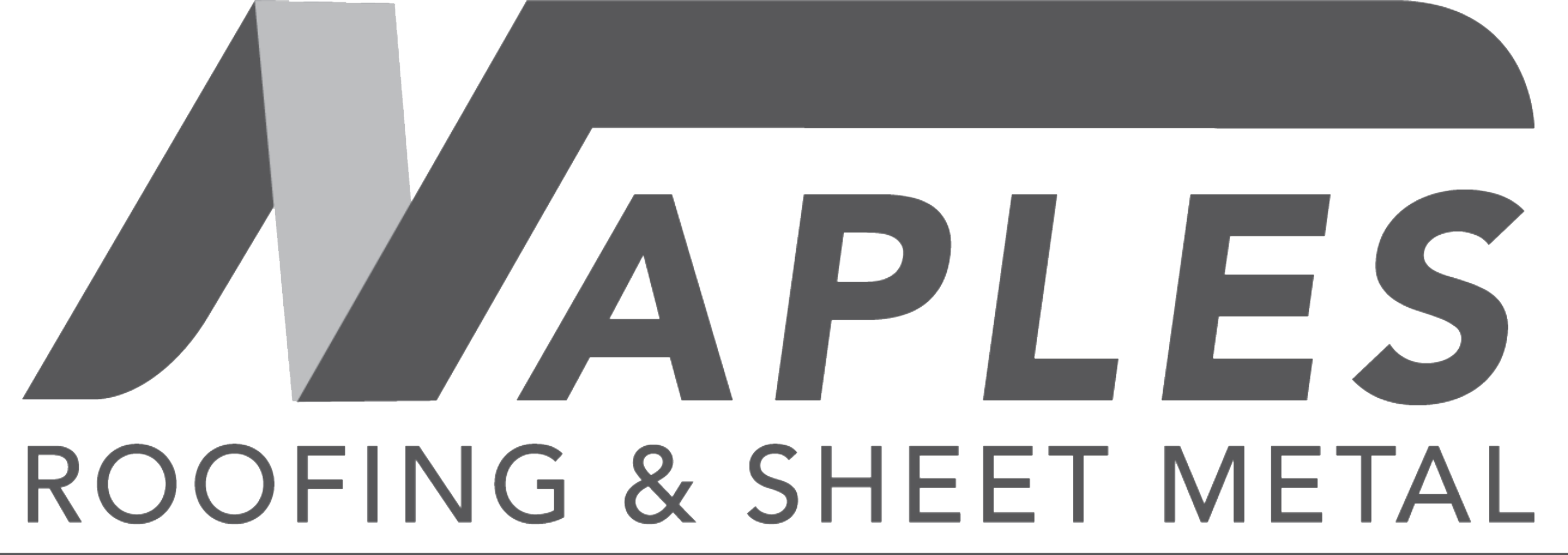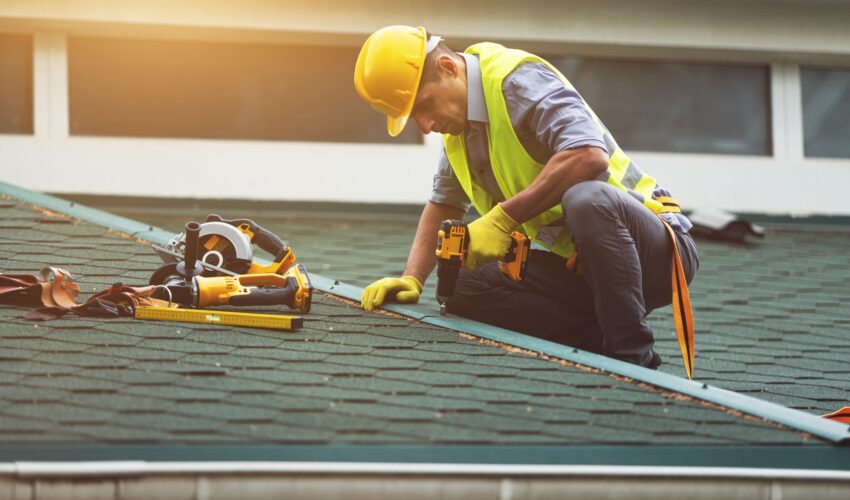Commercial Roofing: Everything You Need To Know
Commercial roofing is an important feature of any commercial facility also commercial roofing USA plays an important role. The roof is the first line of defense against the elements, whether you operate an office building, a retail store, or an industrial complex. Property owners and managers must understand the fundamentals of commercial roofing.
Commercial roofings is a complicated topic that demands careful planning and professional skills. A well-maintained and dependable roofing system safeguards your company’s assets and occupants. Working with expert roofing contractors is critical to maintaining the longevity and functionality of your commercial roof, whether you need installation, maintenance, or repairs. You can safeguard your investment and maintain a safe, secure, and efficient business property by remaining updated about the various roofing systems and best practices.
Things you need to know about commercial roofing:
Commercial Roofing System Types:
When we talking about roofing types then the main part is Commercial properties have different roofing requirements than residential properties. Commercial roofings systems come in a variety of styles, including:
Built-Up Roofing (BUR)-
The constructed of numerous layers of asphalt and reinforcing textiles and provide great waterproofing and durability.
Single-Ply Roofing-
TPO (Thermoplastic Olefin) and EPDM (Ethylene Propylene Diene Terpolymer) single-ply membranes provide lightweight and energy-efficient roofing options.
Metal Roofing-
when lifespan and durability, making it ideal for industrial and commercial buildings.
Modified Bitumen-
This roofing system combines the benefits of BUR and single-ply systems, resulting in greater durability and flexibility.
Roofing Repairs-
To extend the life of a commercial roofing system, regular maintenance is essential. Professional roof inspections, cleaning, and repairs should be undertaken to identify and treat any issues before they become severe difficulties. Maintenance on a regular basis might help you avoid costly repairs or premature roof replacement.
Repairs to the roof-
Roof repairs are required when problems such as leaks, punctures, or damage develop. Prompt repairs can help to prevent future damage and keep the roof in good condition. A skilled roofing contractor may evaluate the situation and propose the best solution.
Replacement of the Roof-
Even the most well-maintained roofs may require repair over time. The process of replacing a commercial roof entails removing the old system and installing a new one. Climate, building purpose, and budget should all be considere when selecting roofing materials.
Roofing Companies-
It is critical to choose the correct roofing contractor. Check that they are licensed, insured, and have commercial roofing experience. They should have a proven track record and be well-verse in various roofing systems.
Energy Conservation-
Improving your commercial roof’s energy efficiency might result in significant cost savings. Energy consumption can be reduced by using cool roofing systems, reflecting coatings, and sufficient insulation.
Roofing Requirements-
Building codes and regulations apply to commercial roofing. Compliance with these criteria is critical to ensuring the building’s safety and structural integrity. A reputable roofing contractor will be familiar with local building laws and regulations.
How much commercial roofing is important for your house?
Commercial roofing is critical for the security and overall integrity of your commercial facility. Here are some reasons why it is significant:
Assets protection-
Commercial properties frequently store important assets and merchandise. A well-maintained roof protects against water damage, which can be especially damaging to electronics, products, and equipment.
Employee and Tenant Comfort-
A leaking or damaged roof can disrupt everyday operations and significantly affect employee and tenant comfort and productivity. It is critical for their well-being that they have a secure and dry interior.
Energy Efficiency-
A properly constructed and maintained commercial roof can make a substantial difference in energy efficiency. Energy-efficient roofing materials and insulation can save money on heating and cooling in the long run.
Property value-
A well-maintained roof can increase the value of your commercial property. Hence, it communicates to potential purchasers or tenants that the property has been well-maintained, decreasing the need for major repairs or replacements.
Regulatory Compliance-
It is critical to follow local building codes and laws. A properly maintained and built business roof guarantees that your property meets safety and environmental standards.
Liability and safety-
Roofing problems can endanger occupants and visitors. So, accidents caused by roof damage or leaks must be avoided if liability is to be managed.
Preventive Maintenance-
By doing regular maintenance on your commercial roof, you can discover and address issues before they become major and costly issues. Preventive maintenance helps your roofing system last longer.
Waterproofing-
Waterproof commercial roofings solutions are designed to prevent water intrusion into the structure. This is especially important in areas with a lot of rain or snow.
Longevity-
Commercial roofing is an investment for the long run. High-quality roofing materials and competent installation can result in a roof that lasts for decades, giving your business with a solid and secure atmosphere.
Curb Appeal-
The state of your roof can have an impact on the overall appearance of your commercial property. A well-maintained roof adds to curb appeal, which can attract clients and improve your company’s image.
Is commercial roofing a completely different industry than residential roofing?
The solutions accessible to commercial building owners, as well as the manner in which these systems are implemented, differ from residential roofing applications. Commercial building owners’ challenges and solutions to their commercial roofings problems differ from residential roofing applications. Here, many individuals are unaware of the variations between residential and commercial roofing applications, but it is critical to understand that these two businesses are not the same, that they have variances, and that they should be handled differently.
Residential Roofing vs. Commercial Roofing-
The roofing options offered to commercial and residential property owners are one of the most noticeable contrasts. Residential roofing systems are commonly made of asphalt shingles, concrete tile, and, depending on the environment, some other less common materials. And Asphalt shingles are by far the most prevalent residential roofing material.
Installing Commercial Roofing-
Commercial roofing systems are also installed very differently than residential roofs. Therefore, the length of installation is the most important variation. Commercial roofs might take months to install, whereas most residential roofs are completed in a day or two. Hence, the increased time for commercial roofings is attributed in part to the size of the building, as commercial roofs are often larger than residential roofs. Another aspect contributing to the increased installation time is that commercial roofing systems are frequently more sophisticated and difficult to install. They frequently necessitate numerous days of waiting for the product to dry, settle, be glued, or perform other time-consuming processes.
Commercial Roofing Services-
Finally, commercial roofings systems differ from residential roofing systems in how frequently roof problems are addressed. If you have a leak on your residential roof, it usually signifies you need to mend that portion of your roof. If your commercial roof suffers a leak, you may need to patch the area or put a coating on the entire roof. The leak could be an indication of larger problems that necessitate roof repair, or you could merely require new flashings.
Conclusion:
While property owners and managers must understand the fundamentals of commercial roofing. A well-maintained and structurally sound commercial industrial roofing contractor is useful when the time is critical in protecting your company’s property, assets, and occupants. You can preserve the longevity and effectiveness of your roof by understanding the various types of roofing systems, embracing regular maintenance, and addressing repairs and replacements as needed.


